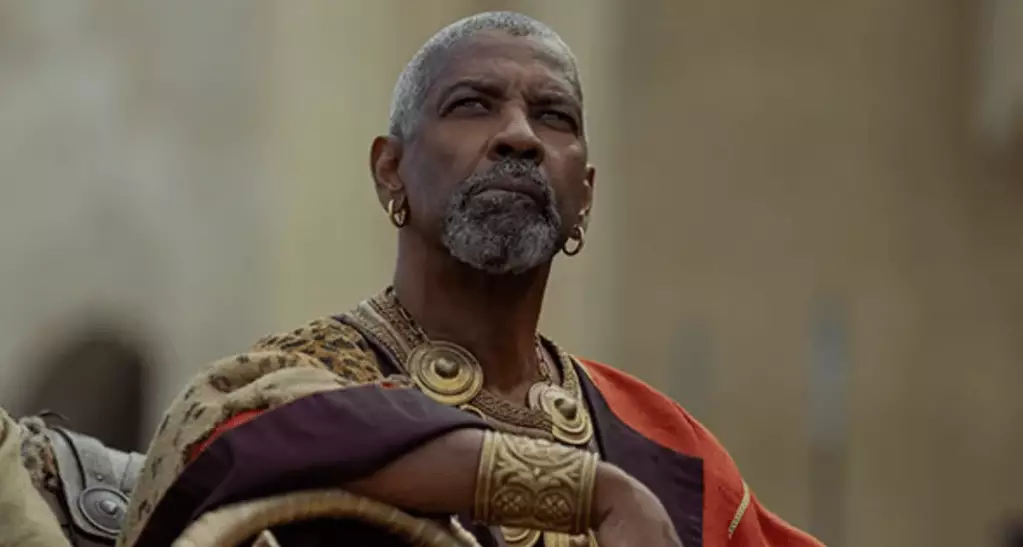Denzel Washington has firmly established himself as one of the most respected figures in contemporary cinema. Renowned not only for his formidable acting prowess but also for his ability to command box office success, Washington has consistently captivated audiences with his performances. The actor’s trajectory is, however, not devoid of missteps. In a recent conversation with The Times of London, Washington candidly reflected on his earlier career choices, acknowledging that post-“Malcolm X,” he made what he called “real clunkers.”
While Washington hesitates to name the films he regards as subpar, his acknowledgment of his past decisions suggests a deeper understanding of the complexities of fame and the career pressures that accompany it. The 1990s were a pivotal decade for him; it was a time when he transitioned into mainstream cinema and began to relish the financial rewards of his stardom. “I was earning. I had responsibilities,” he noted, revealing that the need to support his family played a significant role in his decision-making process. In that context, it becomes evident that financial security often overshadows artistic fidelity, especially in a career that demands one to make quick choices.
Washington outlined a fascinating life philosophy that seems to guide him: “In life, you learn, earn, and then you return.” This framework is an honest acknowledgment of the phases of life that many navigate. From ages zero to thirty, one learns the intricacies of life; from thirty to sixty, one earns to ensure stability for oneself and one’s family. This perspective sheds light on how Washington’s career during the 1990s was chiefly about earning. The pressure of financial obligations can lead even the most talented to select roles that may not align with their artistic vision.
Despite Washington’s self-critical view, an examination of his filmography from that era indicates a successful list of films that resonated with audiences, such as “The Pelican Brief” and “Courage Under Fire.” Critics and fans alike often find themselves wondering if Washington can produce a misfire, a testament to his reliability as an actor. For Washington, portraying complex characters is not merely a job; it’s a reflection of who he is as a person. He believes in infusing a piece of himself into every role. When discussing his part in “Gladiator II,” he expressed that audiences often perceive him as a “good guy,” likely because of the moral nuances he brings to his characters.
Denzel Washington’s career offers a compelling narrative of an artist grappling with the intricacies of life choices and professional commitments. His reflections cast light on the delicate balance between personal values, career aspirations, and familial responsibilities, showing a man who is continually learning and evolving in both art and life. Washington’s honesty and introspection not only enhance his personal brand but also reinforce his position as an enduring figure in Hollywood—a testament to his resilience and growth in an industry that is as unforgiving as it is rewarding.

